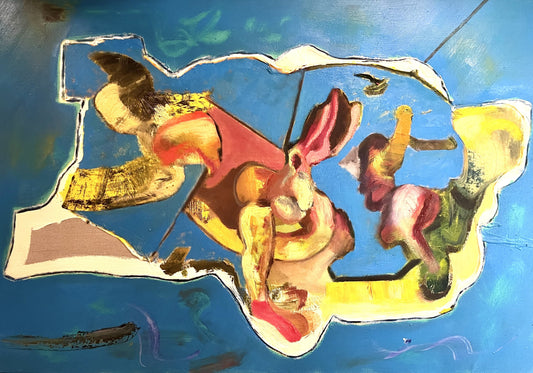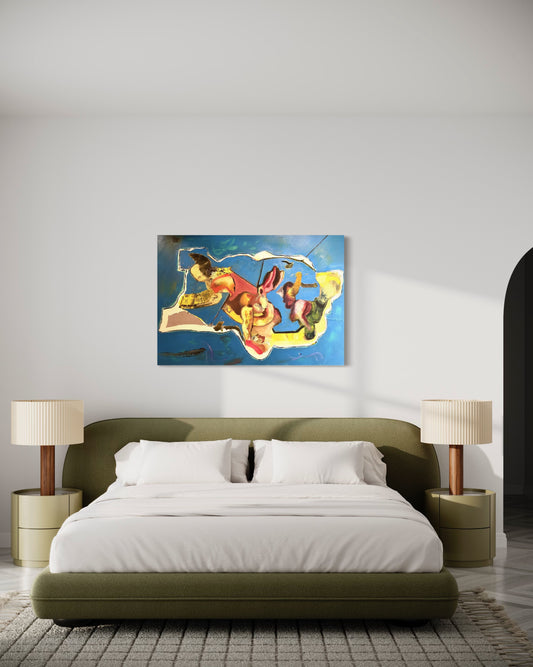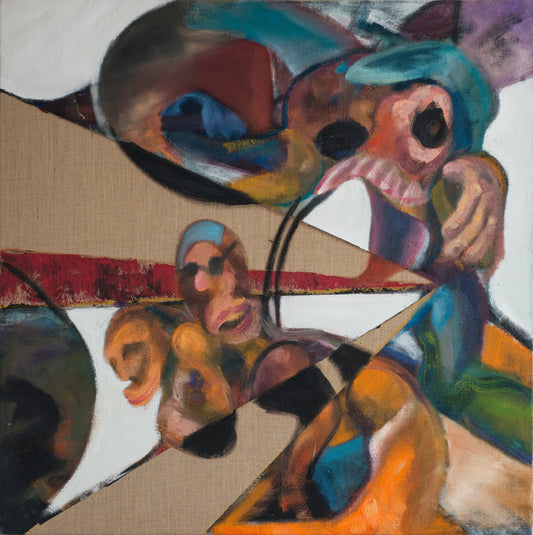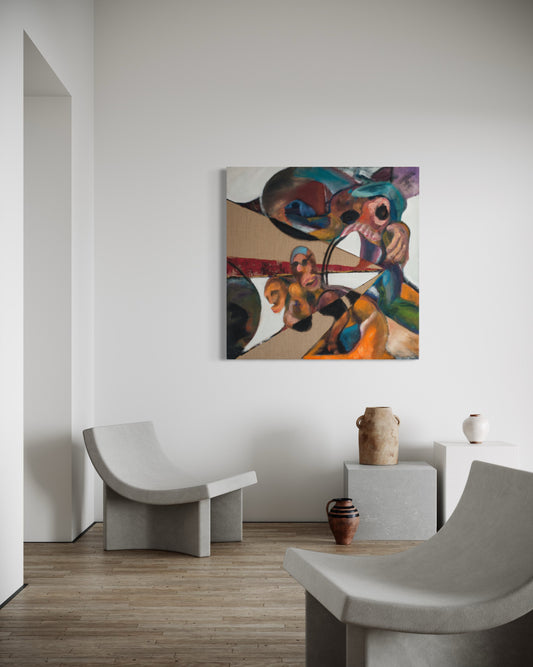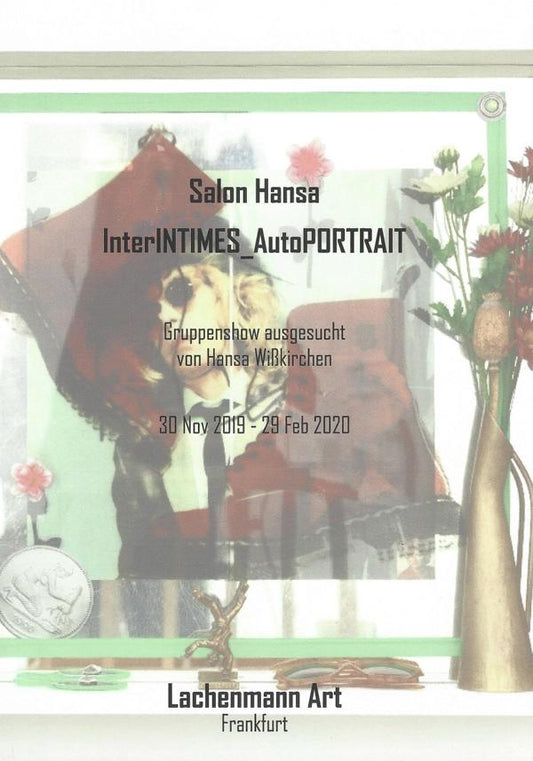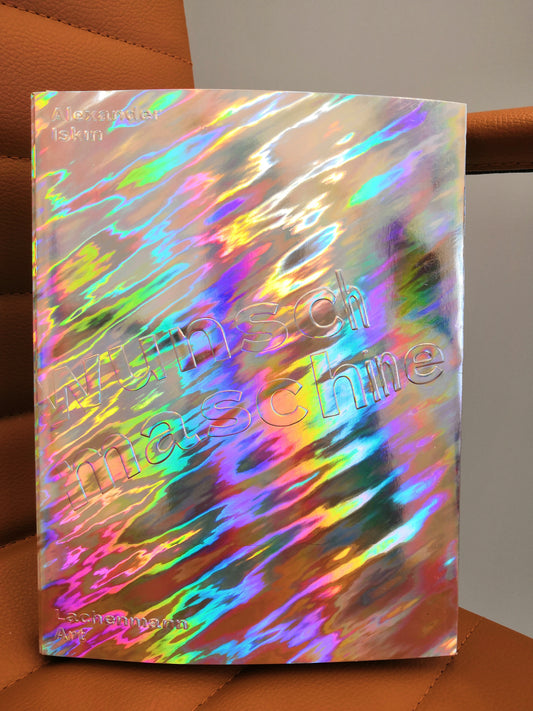Exhibitions
-
Solo exhibitions
Available works
-
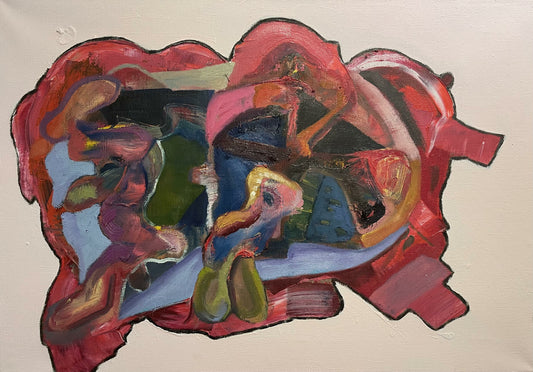
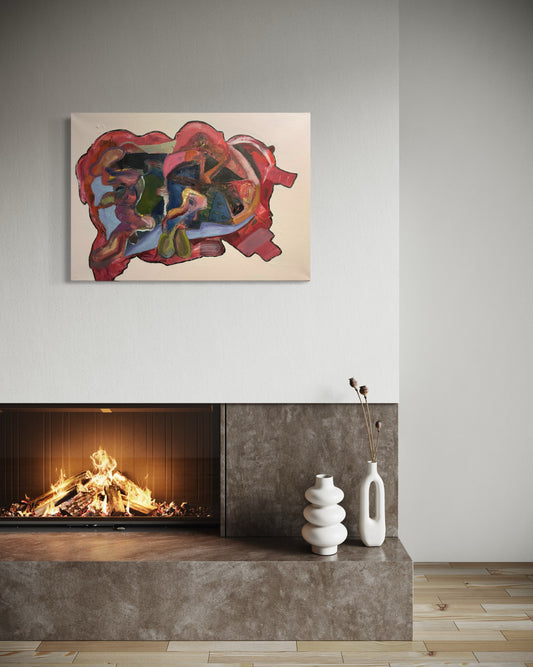 Sold out
Sold outBig Bang I | Alexander Iskin
Regular price €6.800,00Regular priceUnit price perBig Bang IV | Alexander Iskin
Regular price €8.000,00Regular priceUnit price per€8.800,00Sale price €8.000,00SaleCaesarium | Alexander Iskin
Regular price €9.000,00Regular priceUnit price perCatalog ›Salon Hansa: InterINTIMES_AutoPORTRAIT‹ | Lachenmann Art
Regular price €15,00Regular priceUnit price perCatalogue ›Wish Machine‹ Alexander Iskin | Lachenmann Art
Regular price €15,00Regular priceUnit price perAttempt to clarify terms
The term ›desire machine‹ (in the French original ›machine désirante‹ / ›desire machine‹) was coined by the French philosopher Gilles Deleuze (1925—1995) and the French psychiatrist and psychoanalyst Félix Guattari (1930—1992). In their work ›Anti–Oedipus: Capitalism and Schizophrenia‹
('Anti-OEdipe', 1972) you criticise Freud's psychoanalysis. In it you develop a theory of the 'unconscious', looking at its historical development and Freud's interpretation of it. The core of this thesis is: 'The unconscious is neither structural nor imaginary, nor does it symbolise, imagine or figurate. It runs, it is mechanical.' ('Anti-OEdipe', 1972) According to Deleuze and Guattari, what psychoanalysis observes is not the unconscious, but the effect of its repression. The subjection of the subject to structures such as the 'Oedipus complex', which limits the effect of the human psyche to entities such as 'mother' and 'father', is described here as an instrument for maintaining dominance and repression. According to Deleuze and Guattari, a predictable personality arises due to
of prohibitions imposed on the desire machines (the concept of a machine-conceived unconscious). They conclude that the Oedipus complex is therefore an artificial problem whose various solutions can be simplified to overcoming oppression. The unconscious reacts to various influences; it is not determined by a negative lack, but by positive desires. In Deleuze/Guattari, the unconscious exists without the bourgeois idea of father-mother-child that Freud describes; it creates itself through the unity of nature and man.
Through the concept of wish machines, you give the unconscious back its subversive potential and intervene against the rigid, Freudian structure of the psyche.Impressions
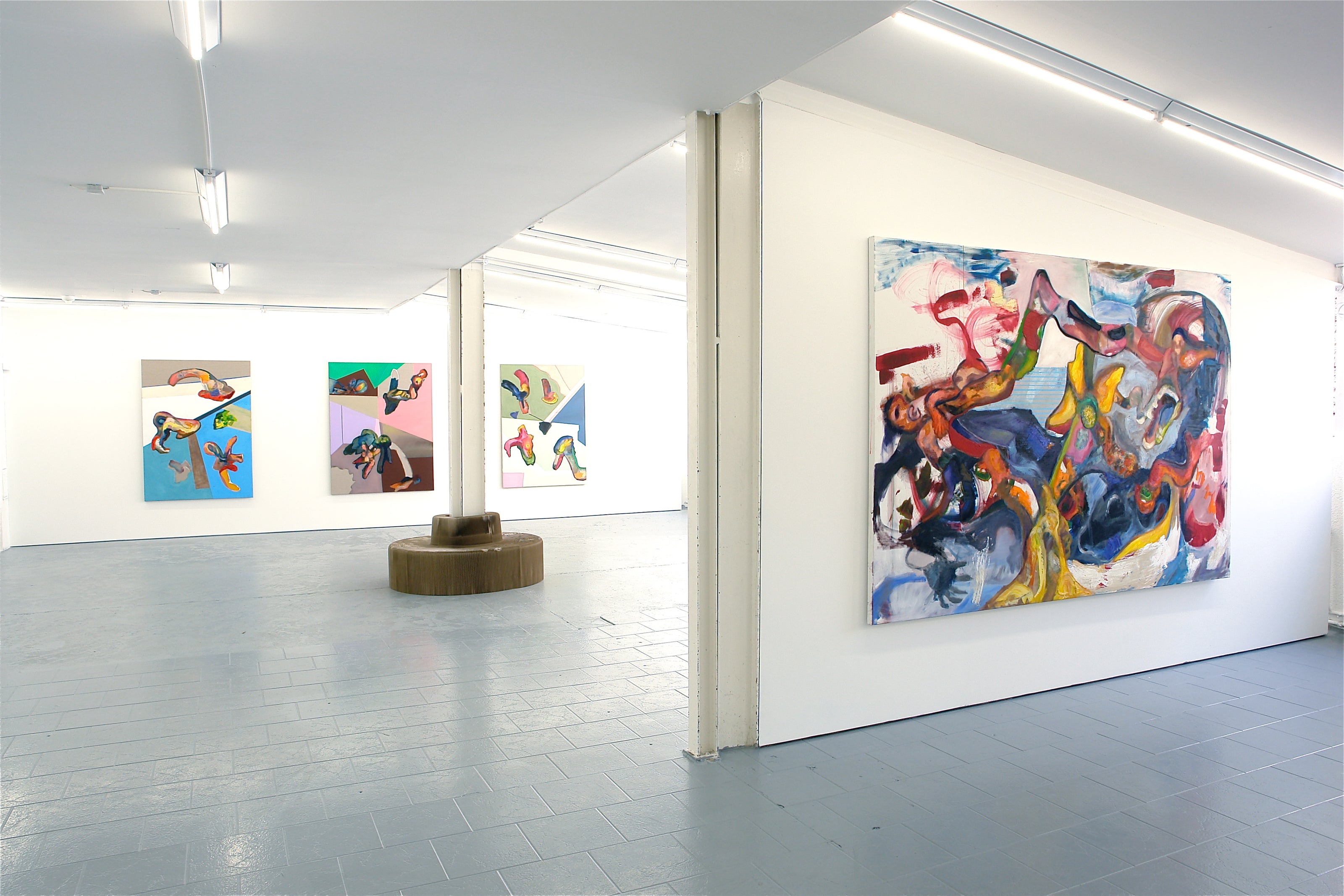
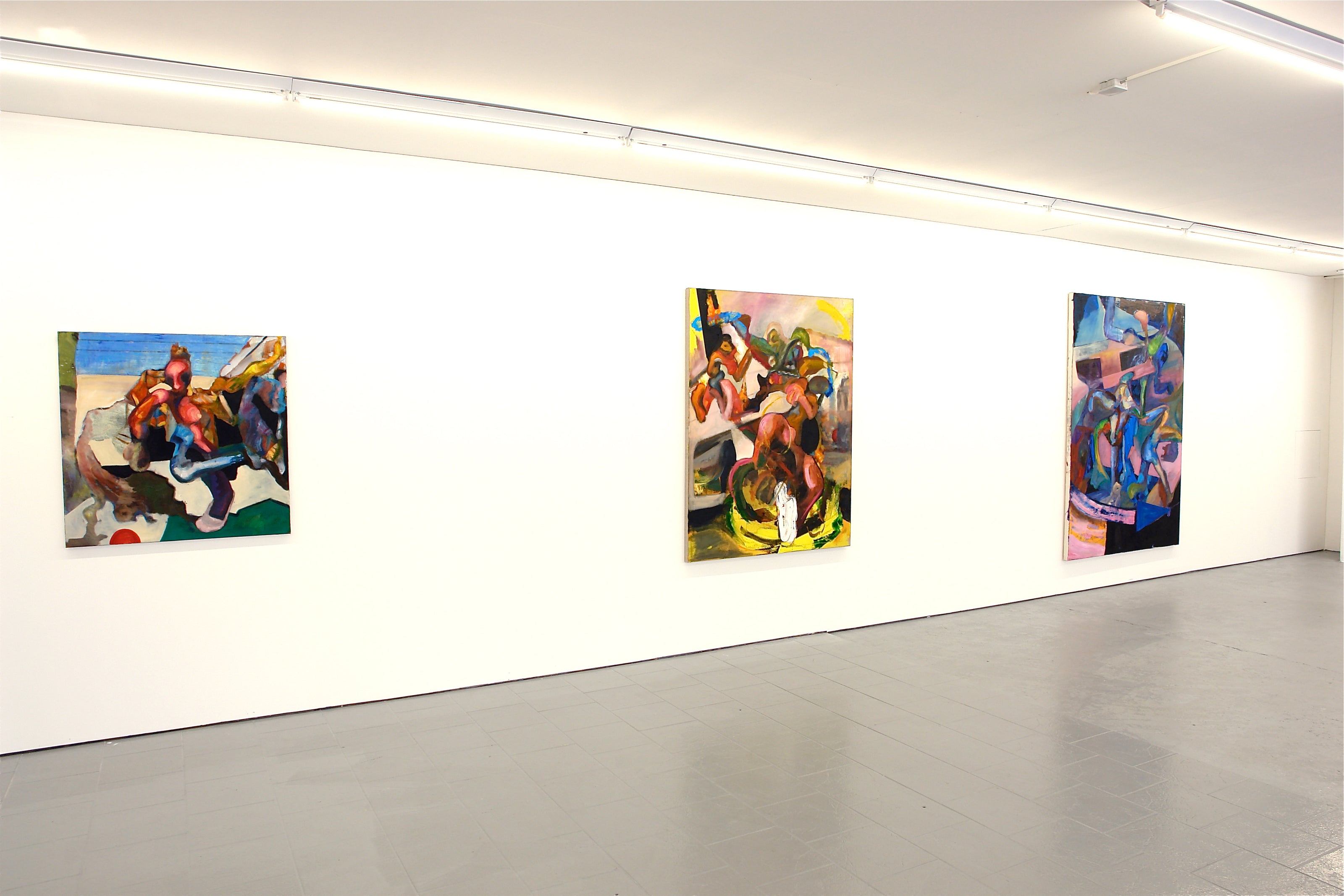
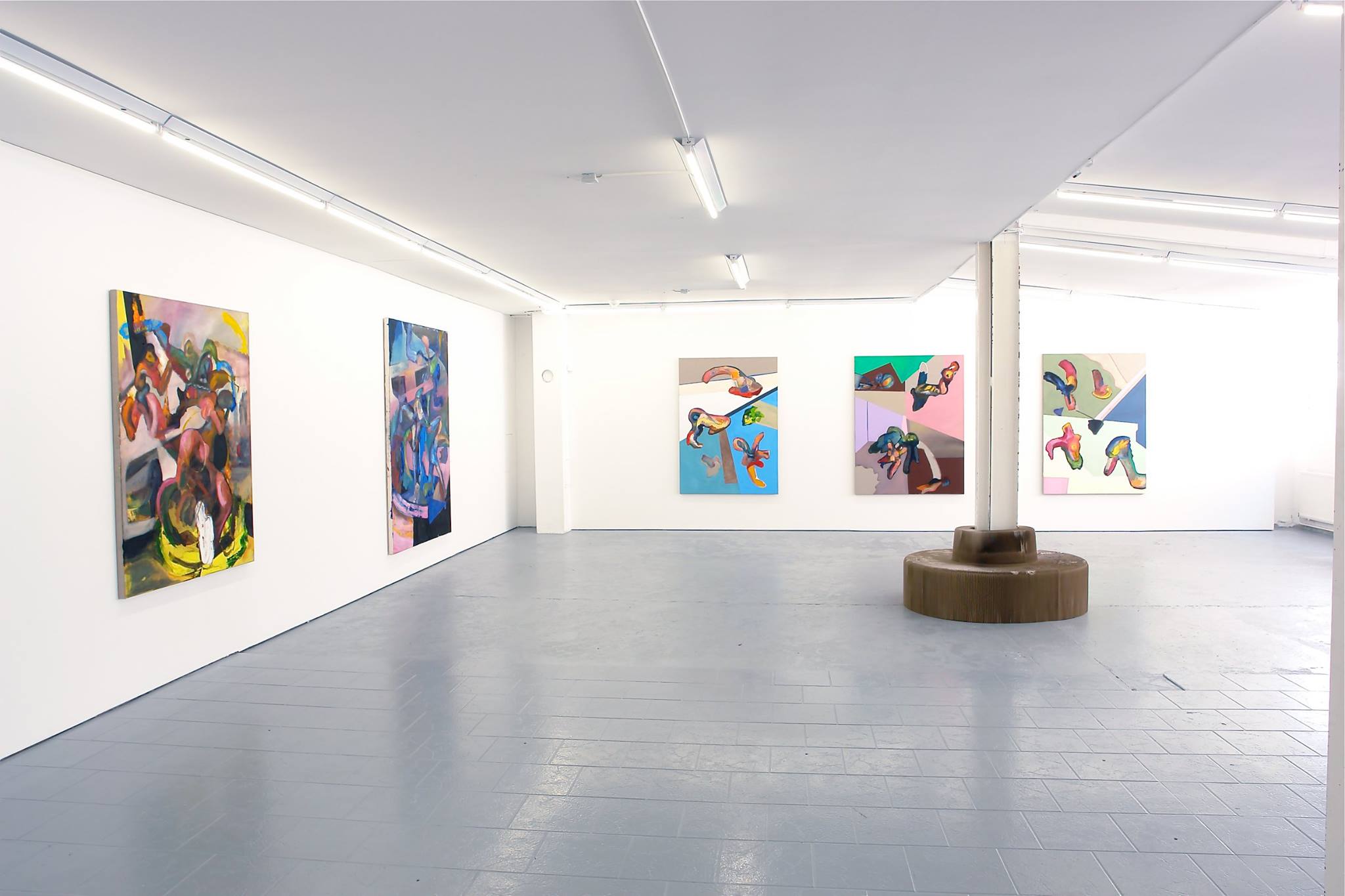
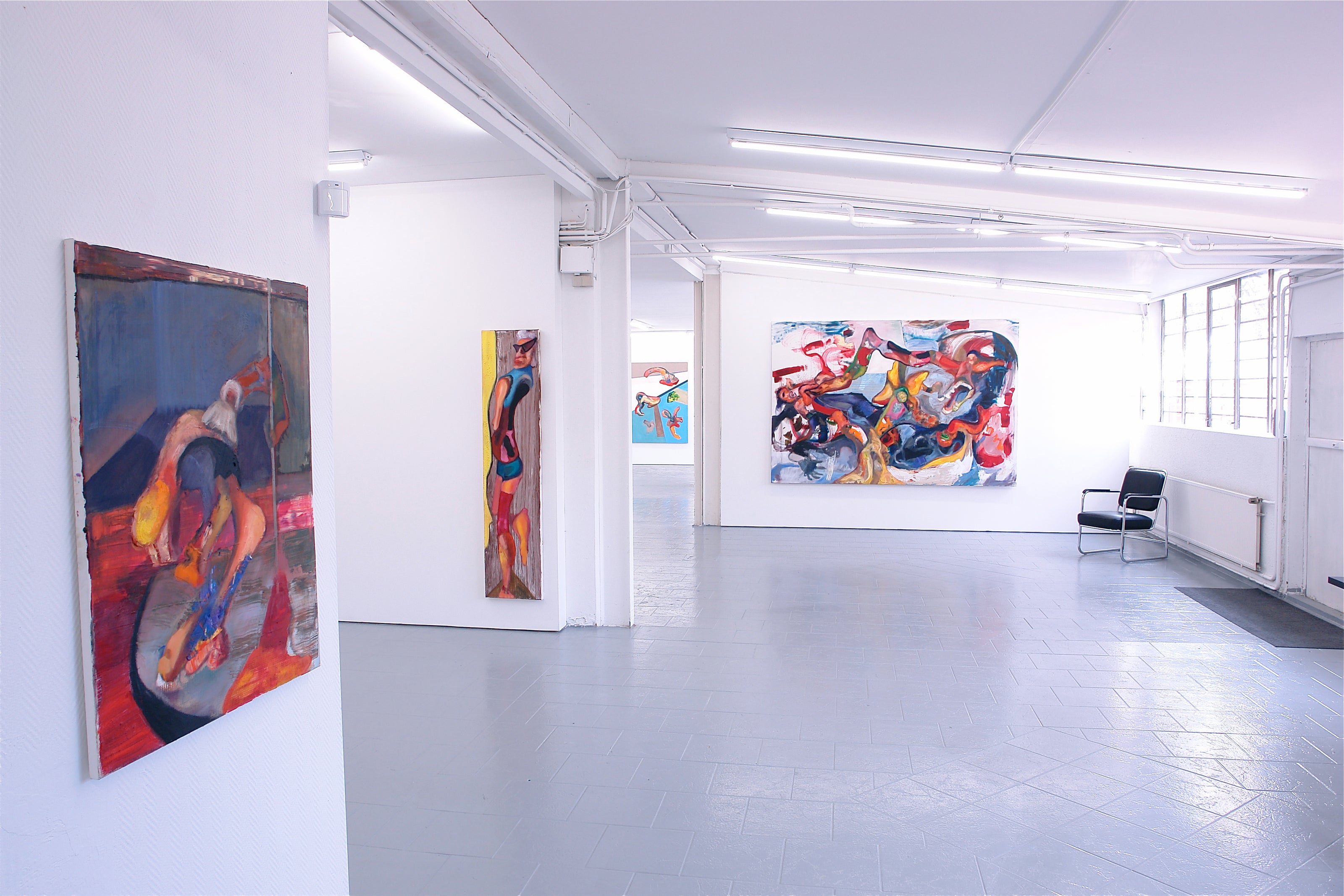
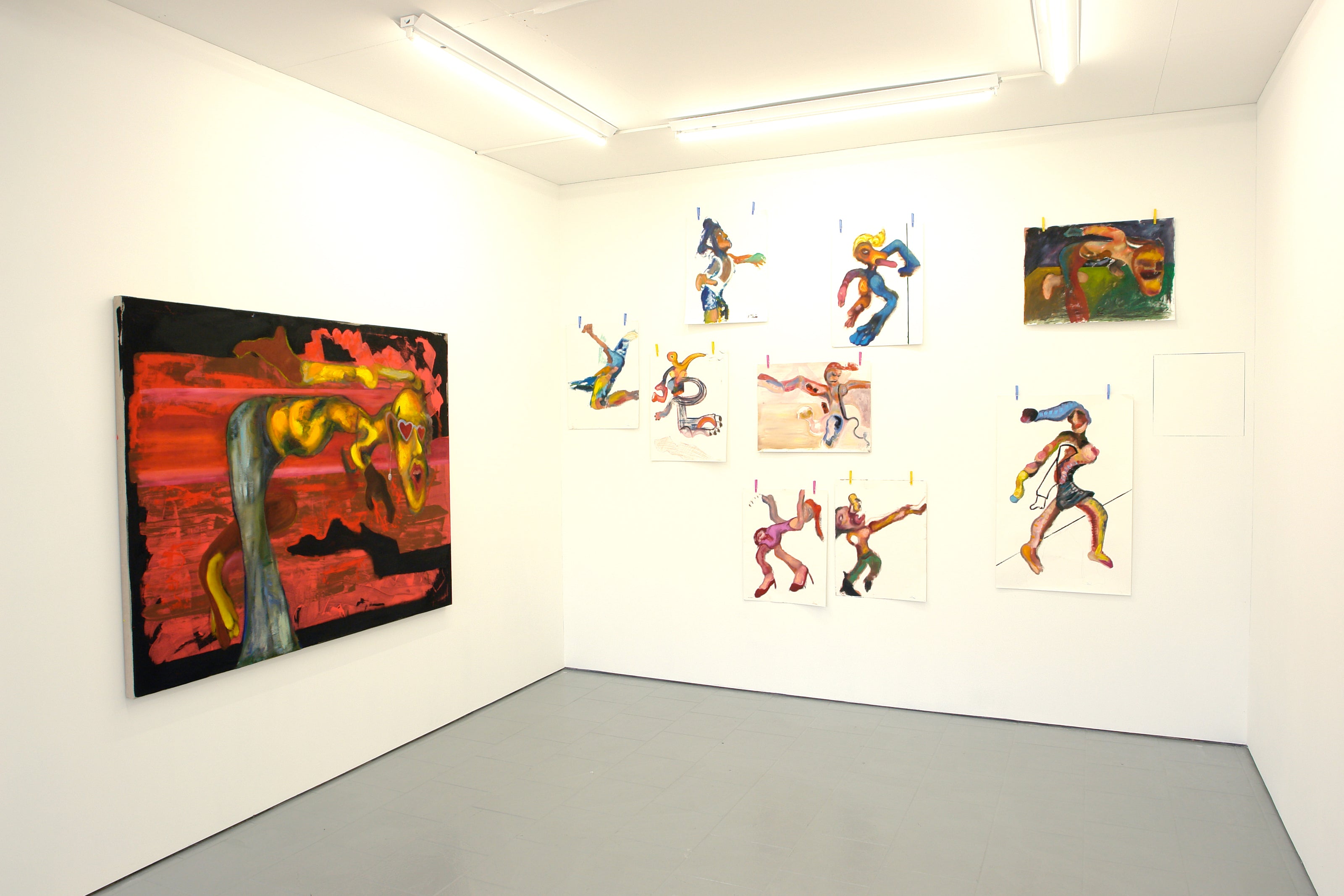
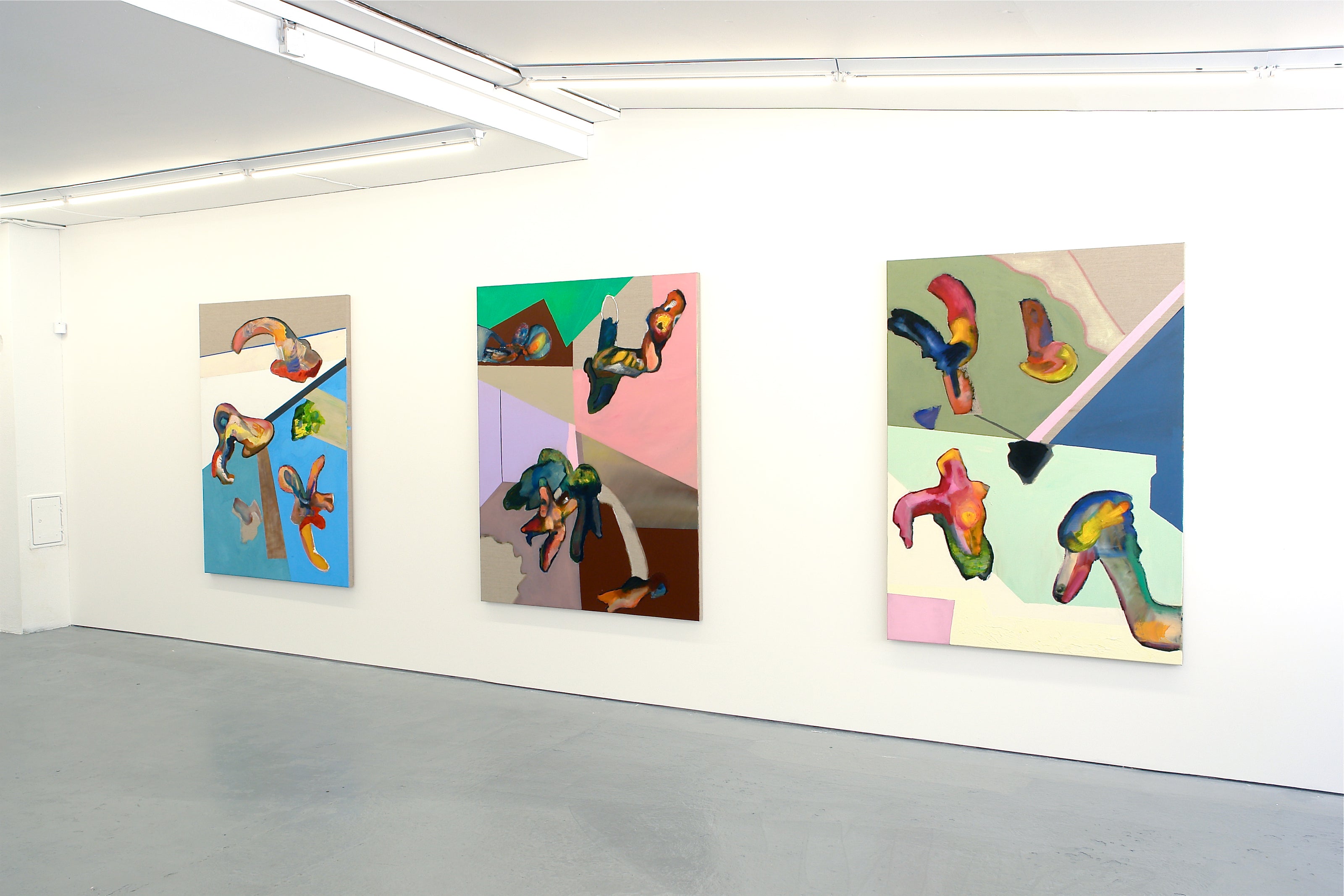
- Choosing a selection results in a full page refresh.
- Opens in a new window.



